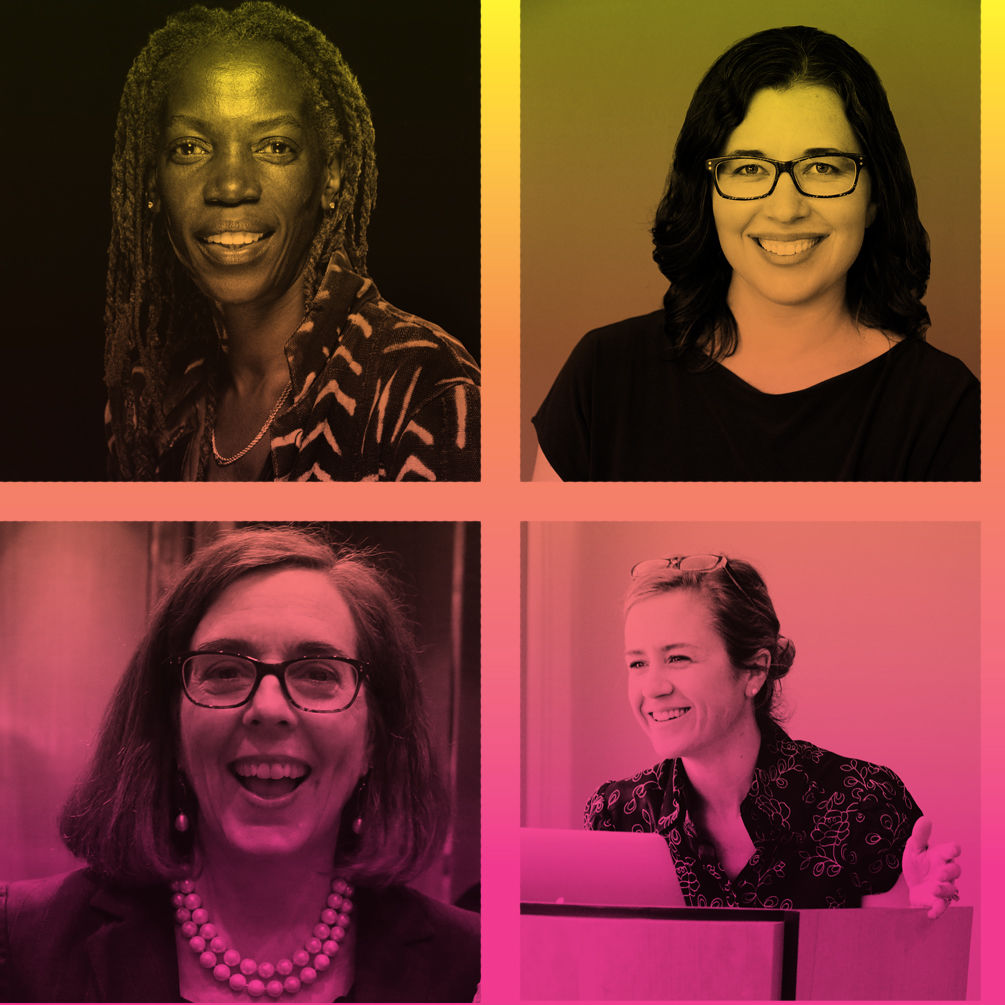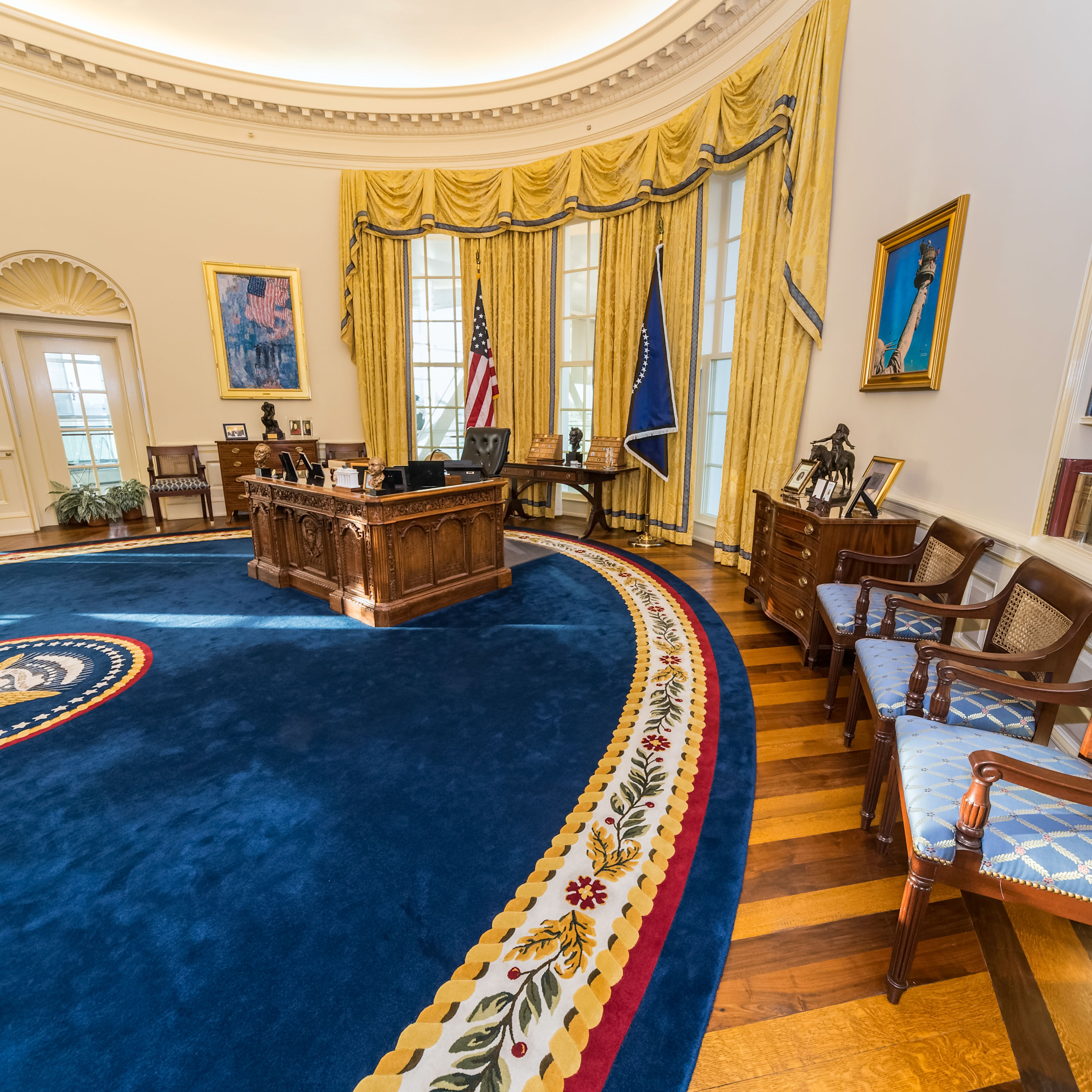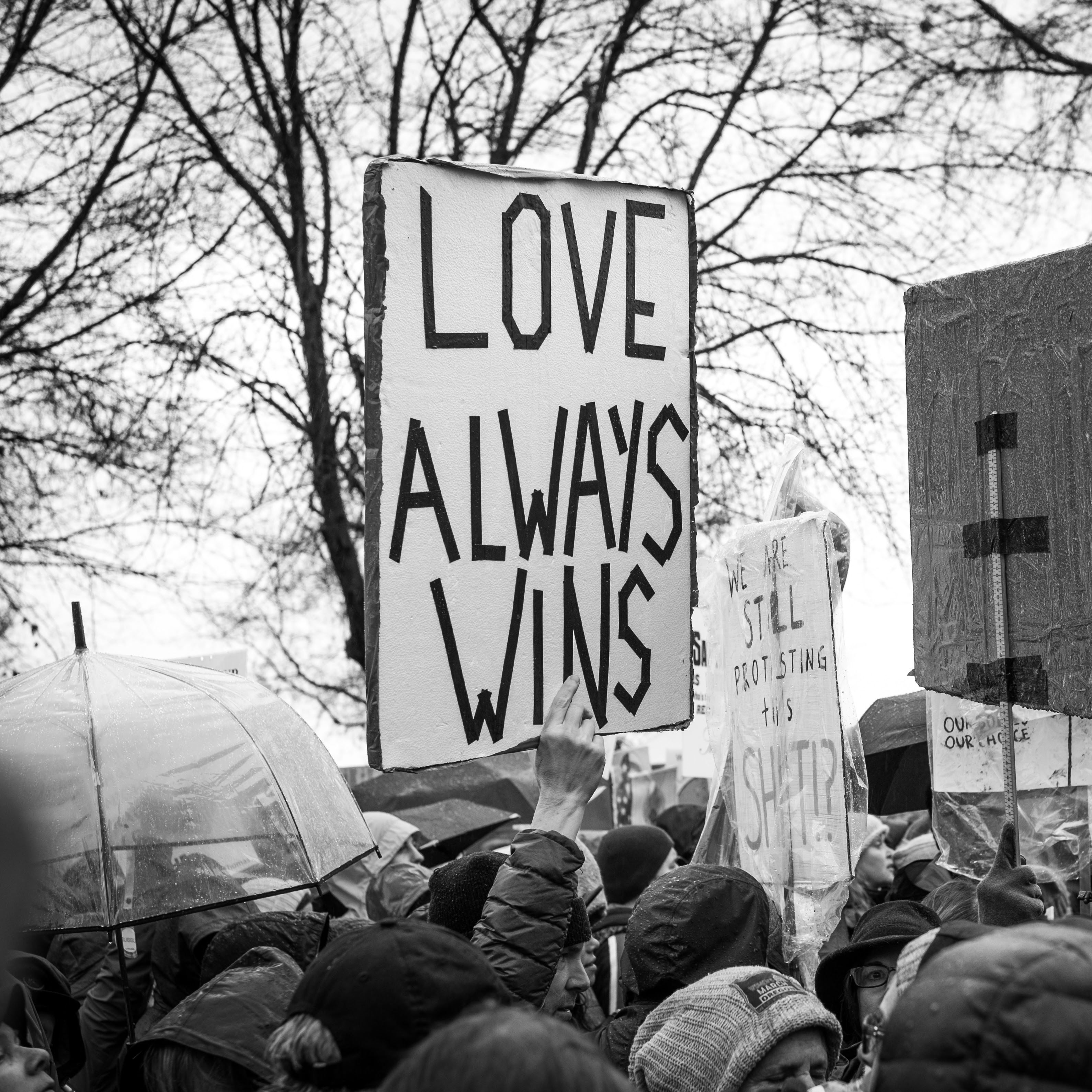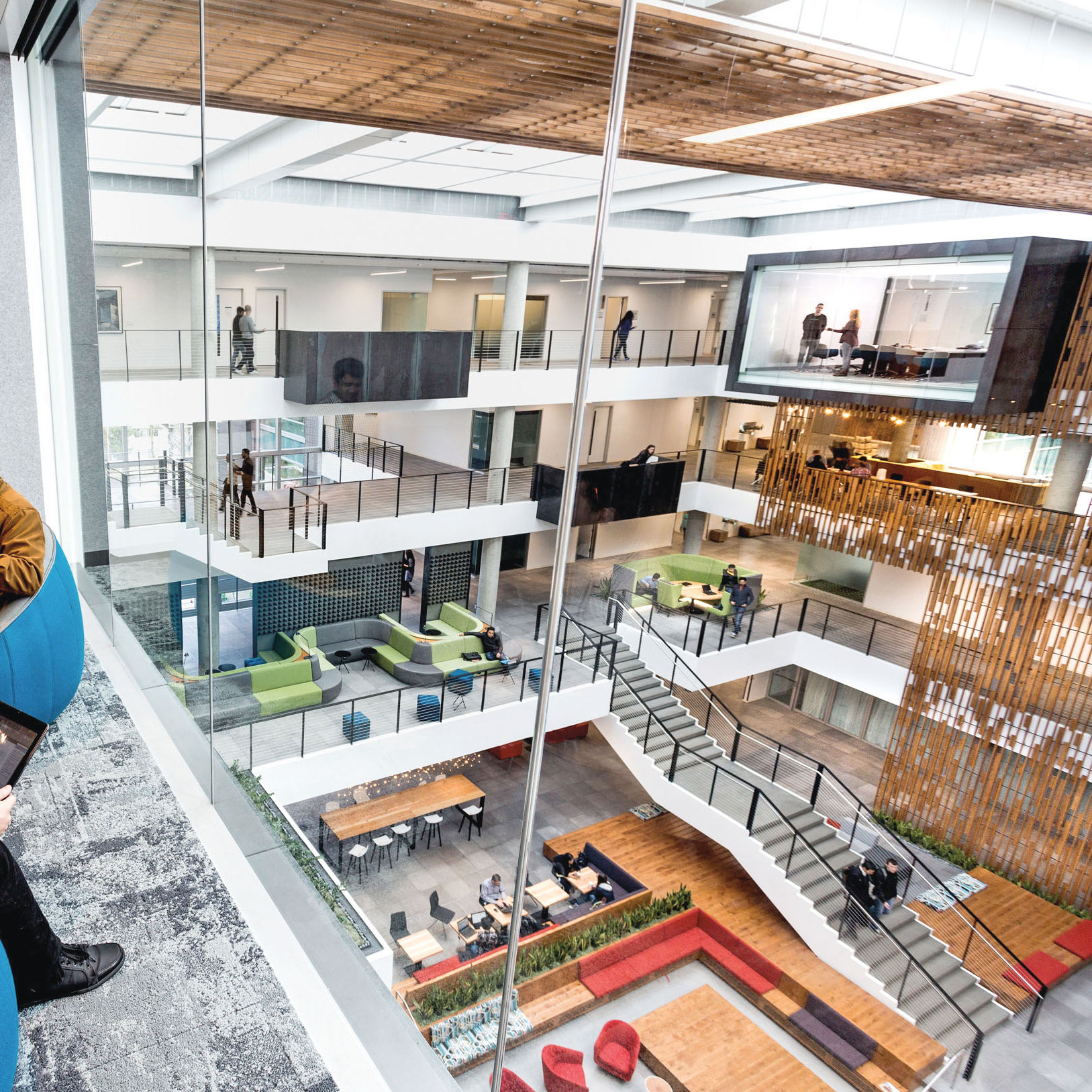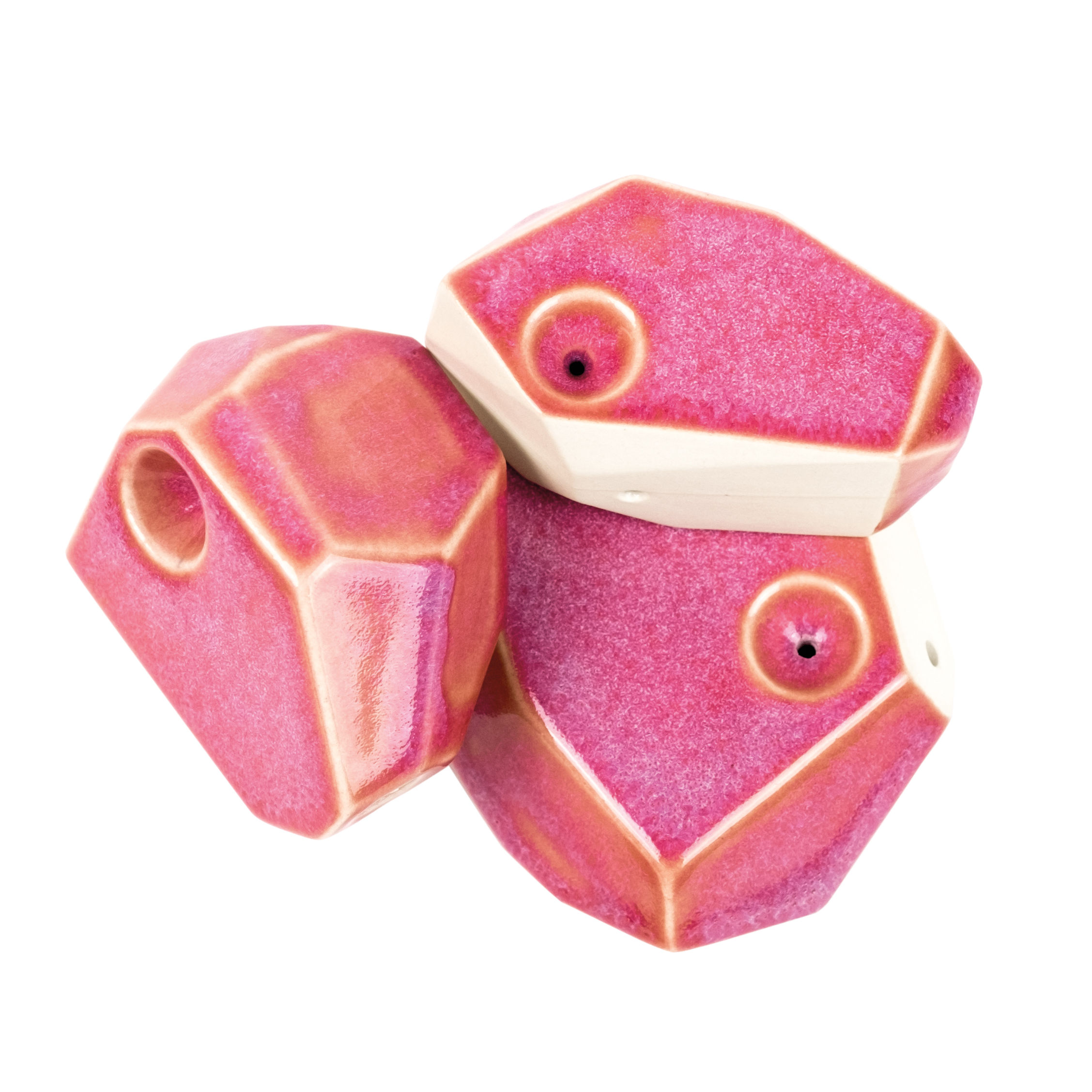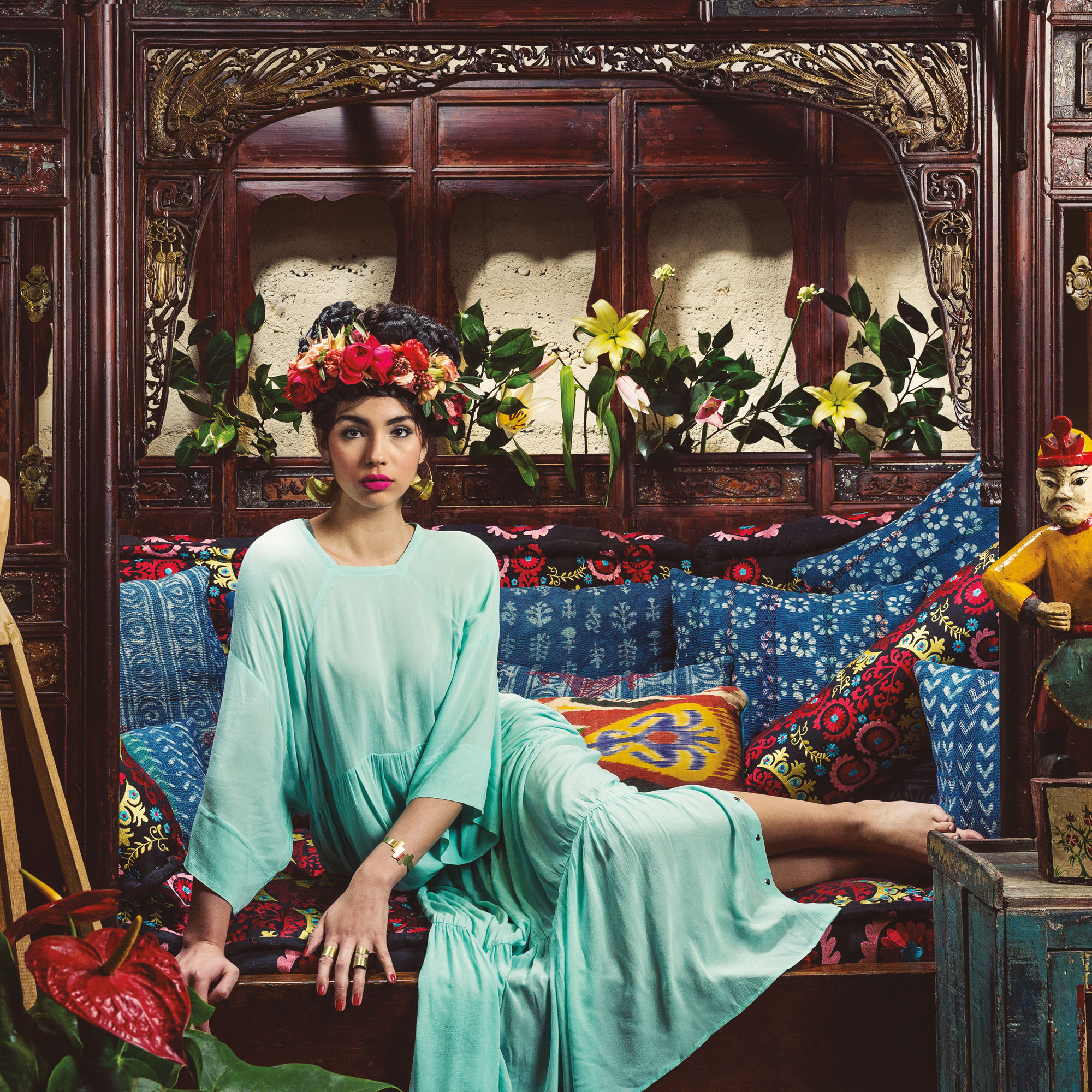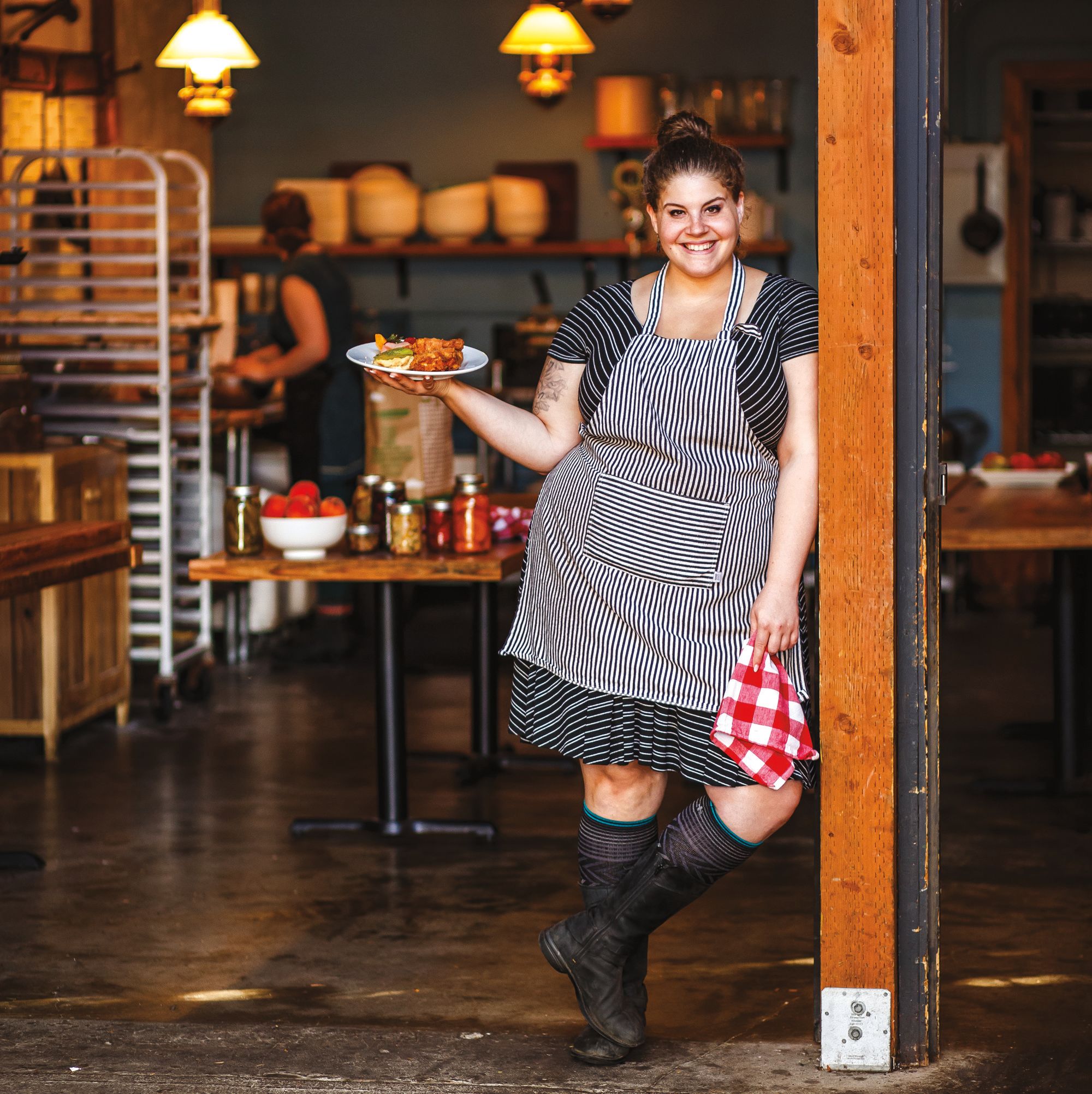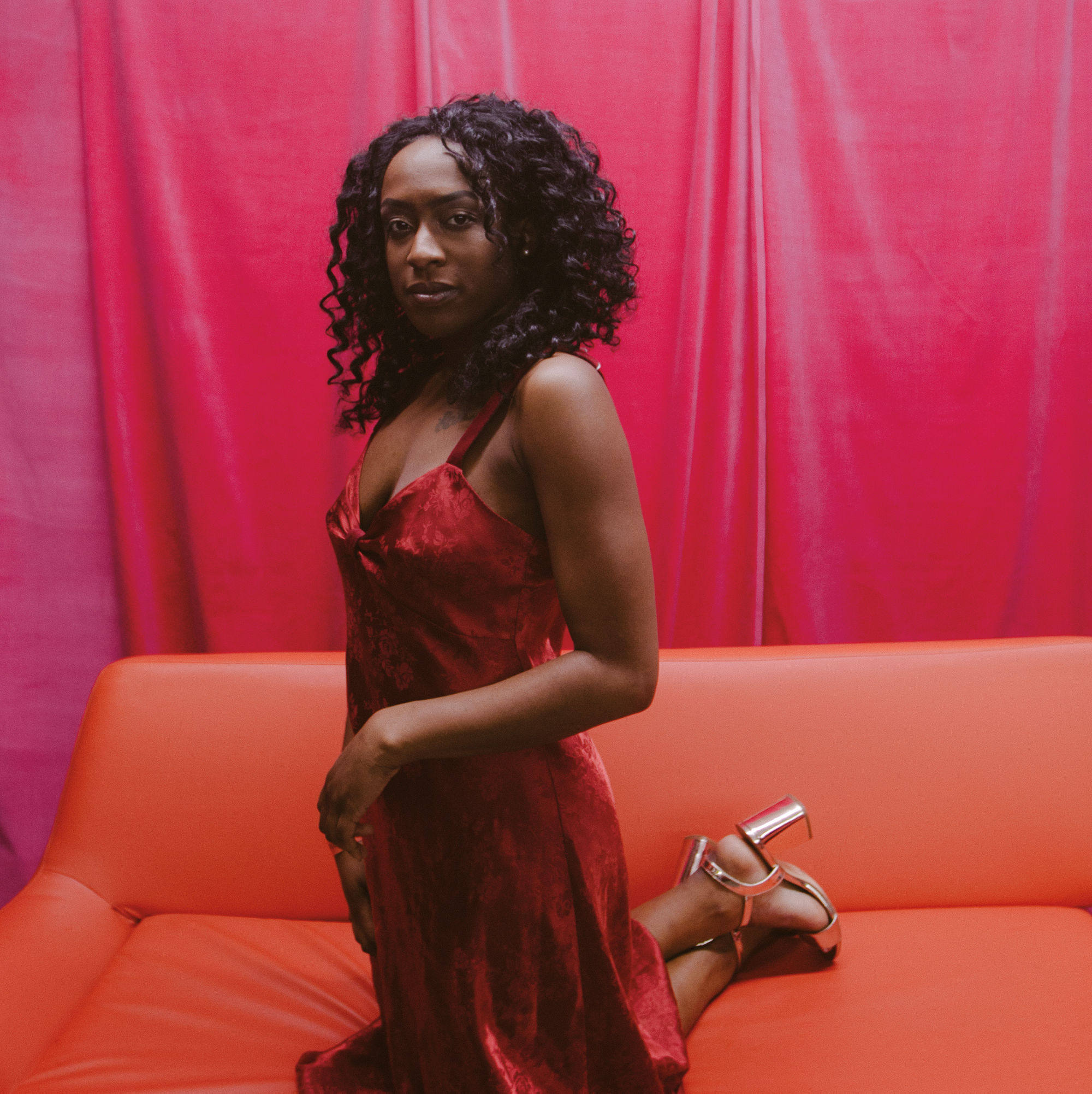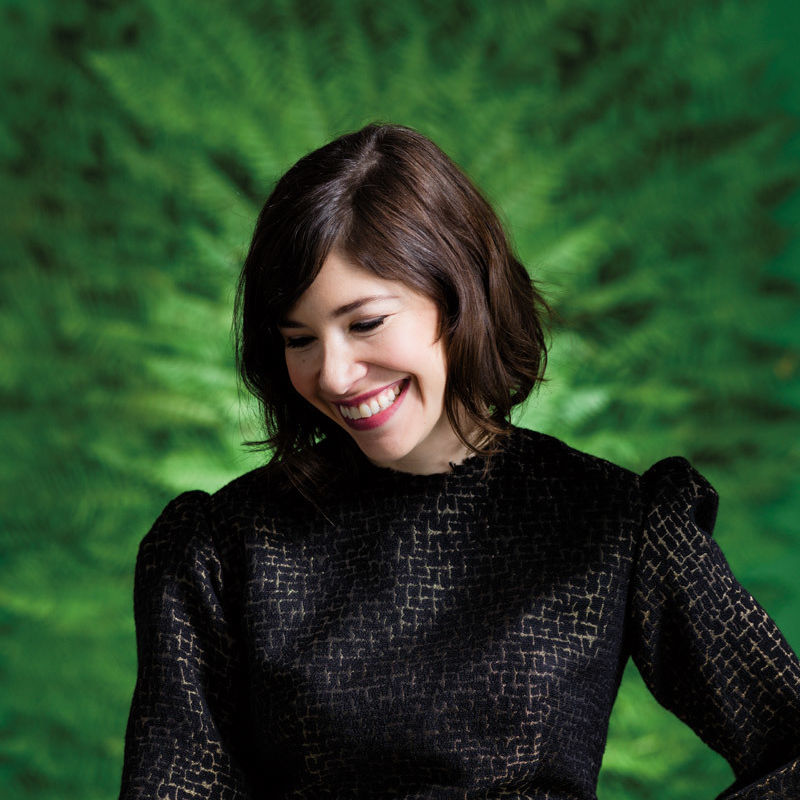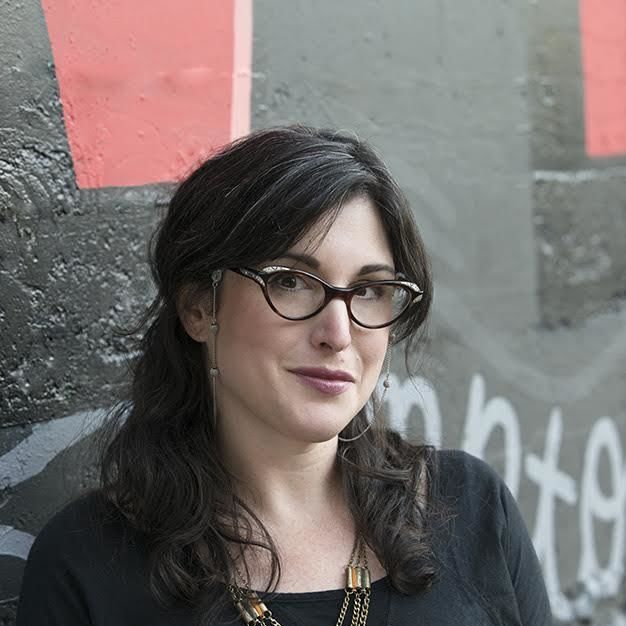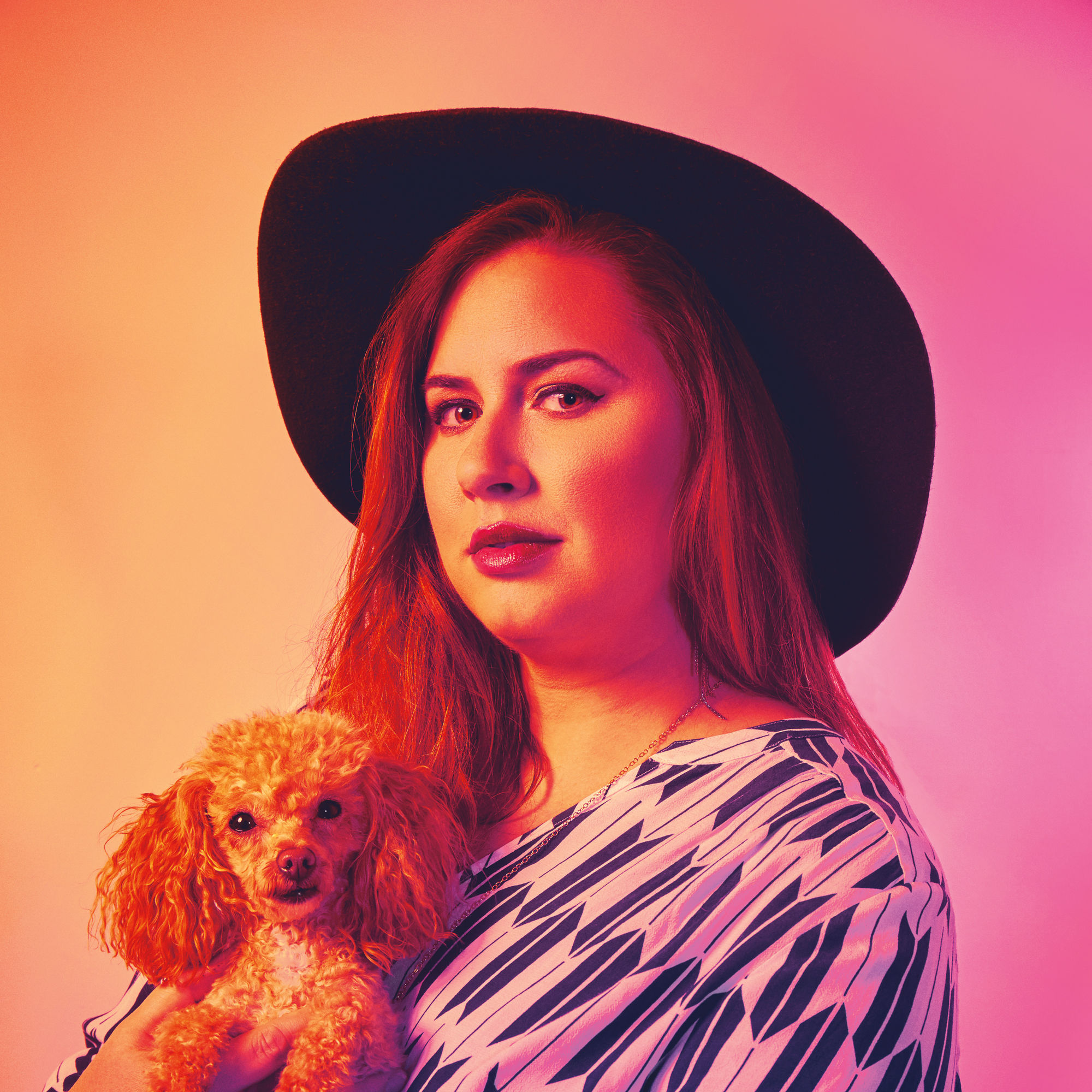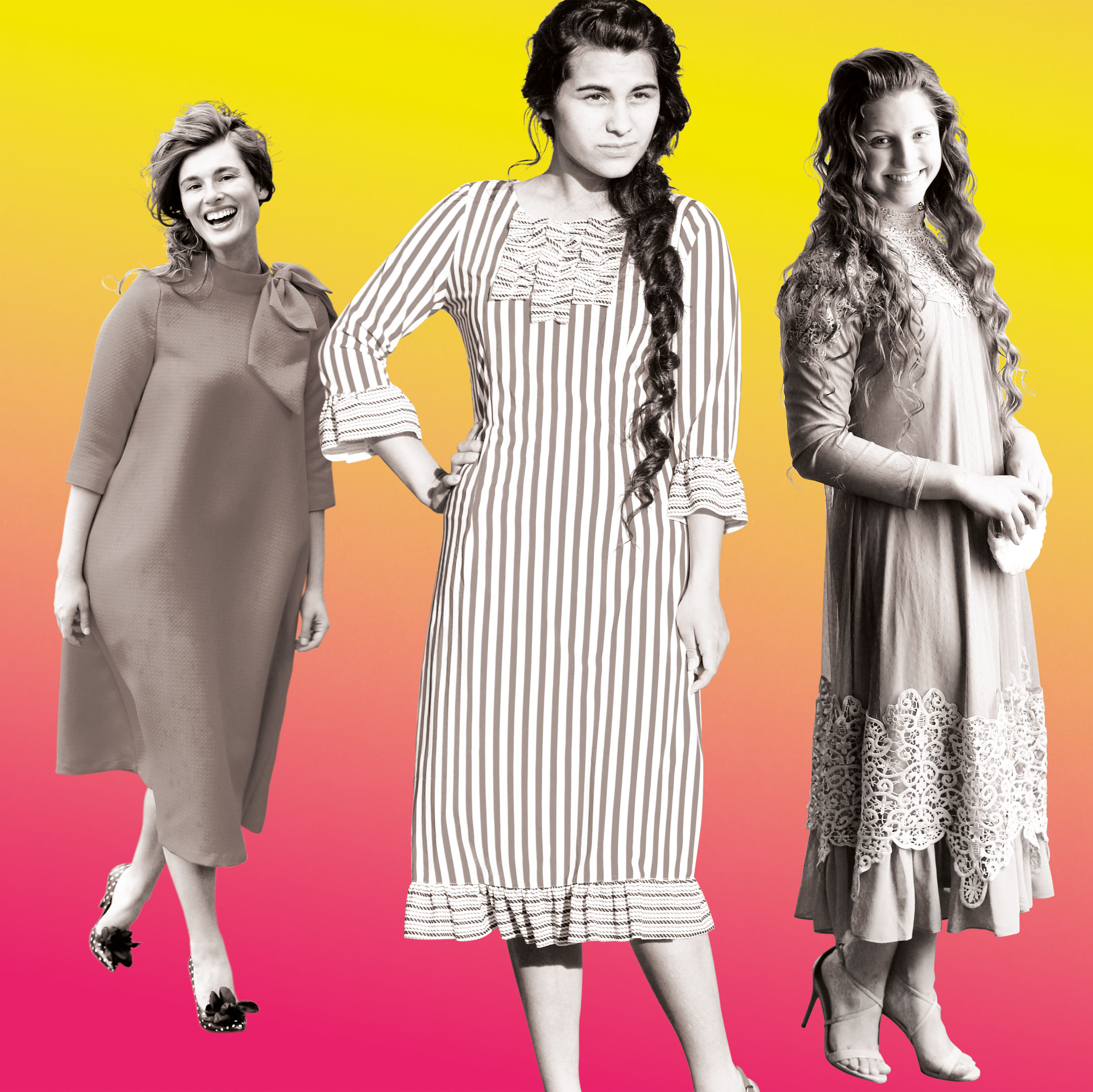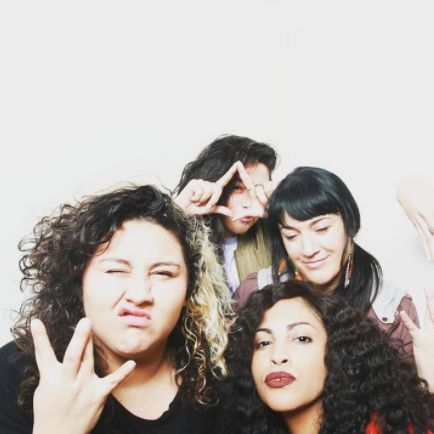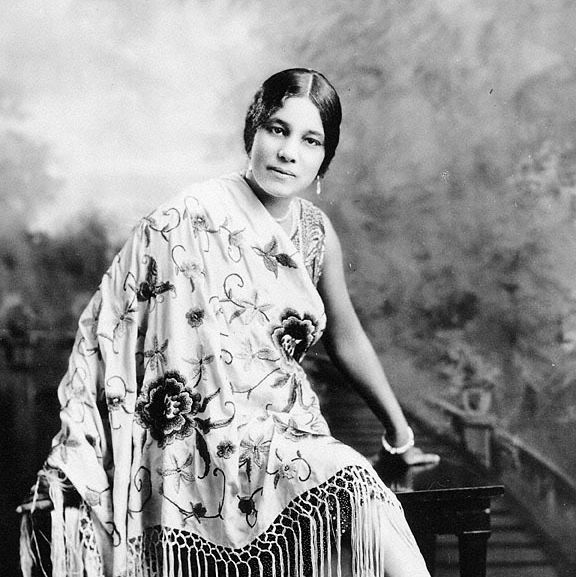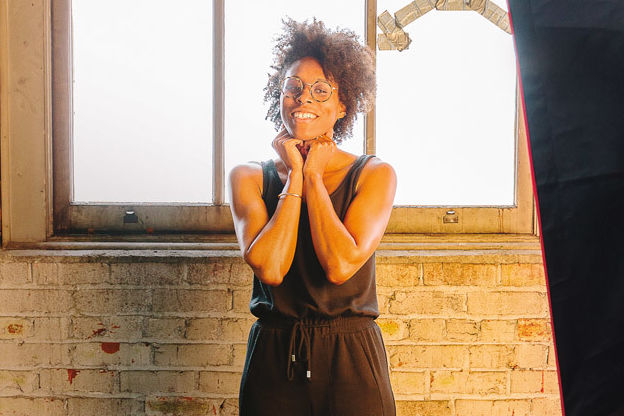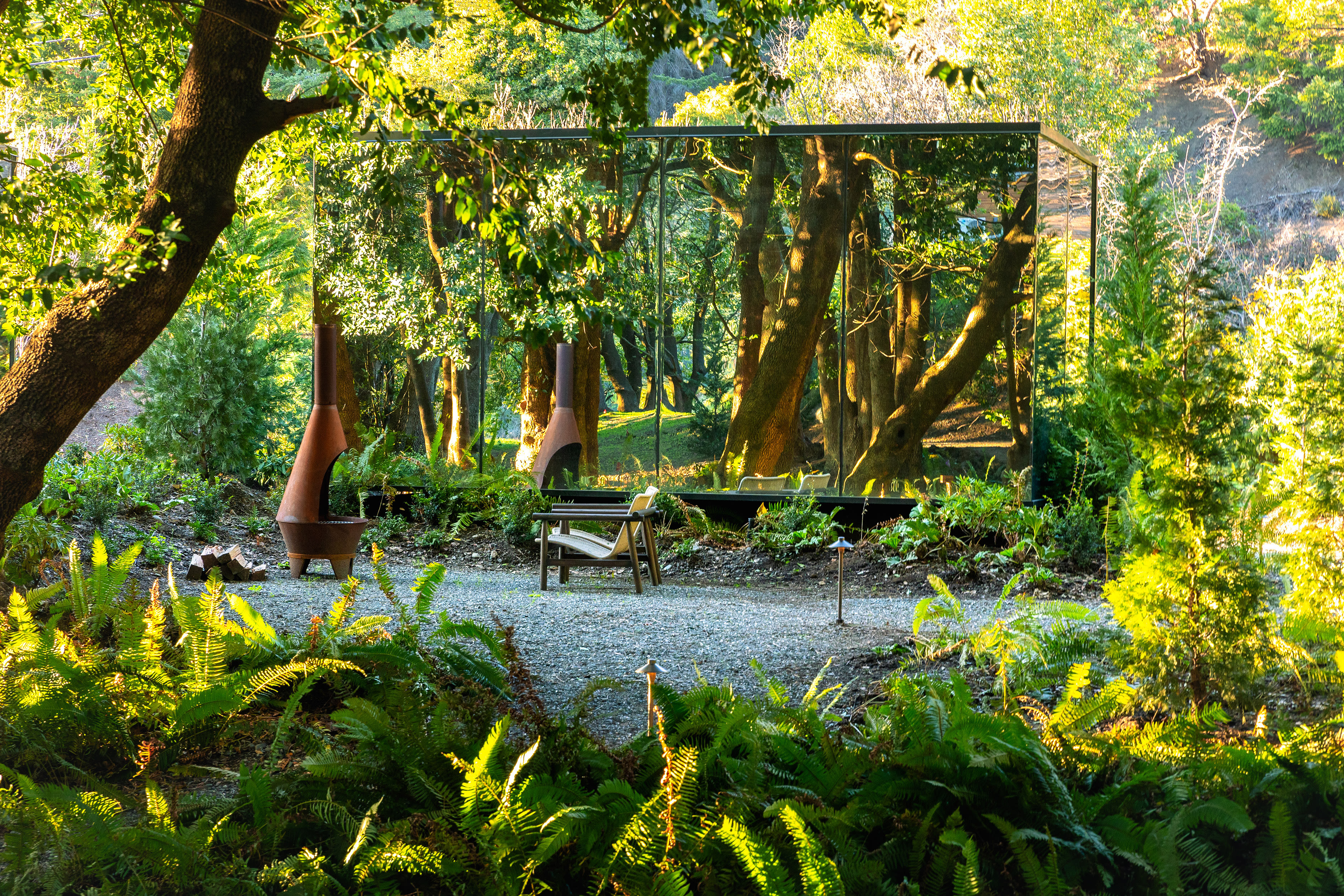Portland Women's March Organizer Margaret Jacobsen on Why Change Won't Come Easy
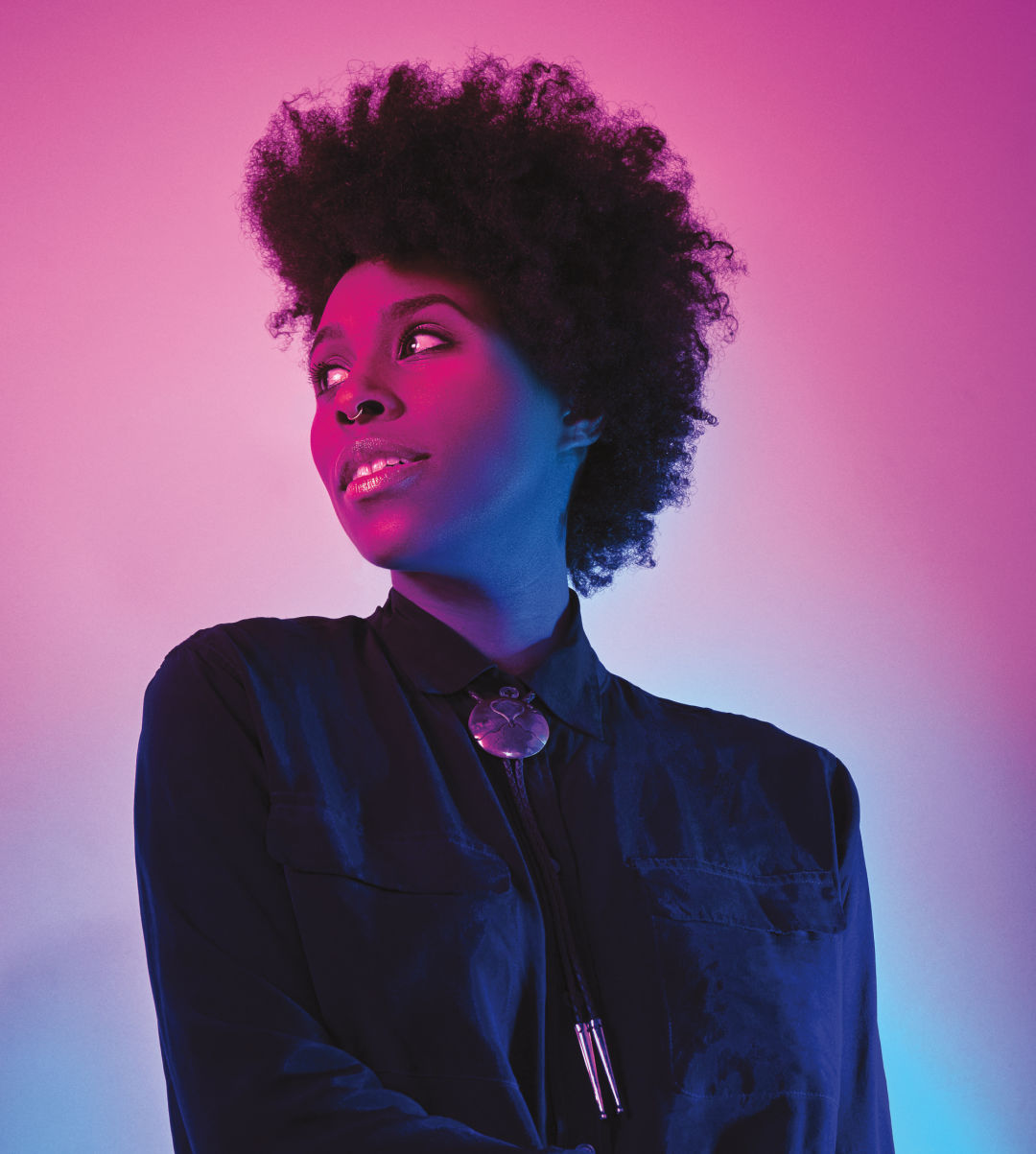
"I think people were shaken by this idea that being liberal doesn’t actually make you better. Just because you aren’t calling people the N word doesn’t meant that you aren’t still upholding white supremacy and still harming people."
Image: Nicolle Clemetson and Abibat Durosimi
The city’s largest single-day protest (so far) was led by a uniquely Portland firebrand: 29-year-old writer, photographer, and mom of two Margaret Jacobsen, who assumed the role of head organizer two weeks before January’s local version of the Women’s March brought as many as 100,000 to the streets. In the process, Jacobsen—who identifies as nonbinary—became a de facto spokesperson for a new wave of local feminism, one that connects and organizes through social media and focuses on inclusion and social justice.
Portland’s Women’s March initially had other leaders, but you were invited to step in after complaints about the lack of inclusion of people of color and other underrepresented groups. Why did you decide to take it on?
Because I believe that if I’m going to have critiques about something, I need to be willing to step in that gap. I felt like if we were going to talk about all women we had to actually encompass what that meant, which is not a simple answer. My critique was: when will there be a platform where people who don’t identify as cis white women get an opportunity to sit at the table and plan?
Why do you think you were asked to help?
I had led two small Black Lives Matter marches [since 2014]. And I run Let’s Talk, a biweekly discussion group [focused on racial equality, LGBTQI issues, and activism tools] that brings people together and encourages hard conversations.
What’s your experience of being black in Portland?
I grew up in a suburb outside of LA. I moved to Portland almost six years ago. It’s been hard because a lot of my friends who are white parents don’t feel comfortable talking about [racism], they don’t feel the urgency I feel as a black mom. I’ve had to end a lot of friendships. There would be so many play dates where parents just wanted to talk about what kind of themed birthday party they were throwing for their child. There would be a denial of my existence as a black parent and the existence of my brown children.
What was your own experience growing up?
I grew up around a lot of white children, so I felt it early on. I always felt I was just slightly below a little white girl. It was a relief when I was older to realize that all of those things I was feeling were a product of systemic racism, that I wasn’t the only one that felt that way and in fact I was supposed to feel that way, on purpose.
What was the biggest challenge you faced as an organizer of the march?
[One challenge was when] we did a POC takeover on Facebook, where we asked for only people of color to post for one day. I experienced this eruption of frustration from white women who didn’t get it and were so angry at me. They were like, “Why are you telling me what to do?” I’m simply pointing out that the feminism that you fought for in the ’60s or ’70s wasn’t inclusive. I think people were shaken by this idea that being liberal doesn’t actually make you better. Just because you aren’t calling people the N word doesn’t meant that you aren’t still upholding white supremacy and still harming people.
So what do you think feminism is or should be about in this moment?
I really loved the policies that came down from the Washington Women’s March. They talked about how women’s rights were human rights and human rights were women’s rights, how we can’t talk about women’s liberation if we’re not talking about immigrant women, Black Lives Matter, sex workers, disabled women....*
What do feminists in Portland have to do to move forward now?
I think that they have to learn that they either deconstruct what their feminism is so that they can rebuild it to include multiple voices, or just leave feminism behind. Just drop it and start over. We only have each other at this point ... and the person that you’re standing next to, you need to know what their experience is, you need to know if you have privilege enough to support them because they might be fighting something that you’ve never had any idea about. We’re aware that our government isn’t here for us, so we have to be our own community that takes care of each other. I’m hoping Portland will keep organizing, keep showing up, and keep fighting alongside each other.
*Ed Note: FYI, this is essentially the definition of "intersectional feminism."
